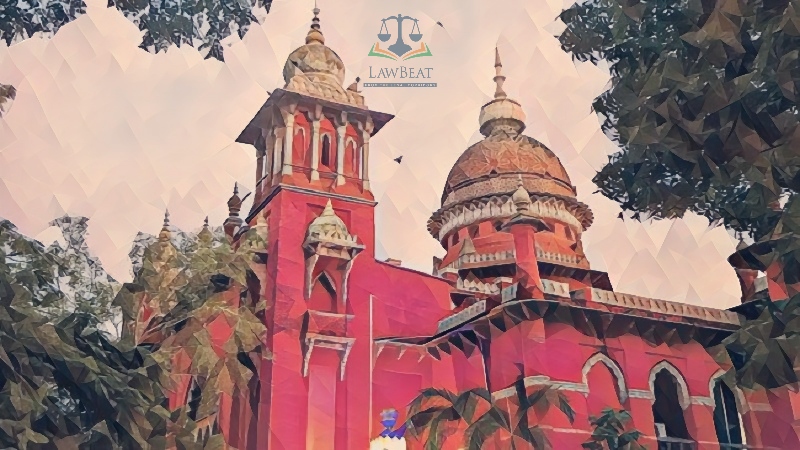'Swear that you owe faith and allegiance to the Constitution': Madras HC imposes condition granting bail to suspected Maoist

Granting bail to a suspected Maoist, the Madras High Court imposed a condition that she should file a sworn affidavit in Tamil owing faith and allegiance to the Constitution and stating that she does not believe in Maoism.
The division bench of Justices P.N. Prakash and R. Hemalatha, granting bail to Sathya Mary alias Padma on health grounds, asked her to file the affidavit containing both her signature and thumb impression and stating that she does not believe in violence as an ideology and that she would do nothing to subvert the Constitution.
“We are inclined to grant bail to the appellant because of her health condition as well taking into consideration the fact that she had voluntarily surrendered in the year 2018 and has been in incarceration for over three years since then. Therefore, we are applying a soothing balm, in order to give her an opportunity to reaffirm her allegiance to the Constitution of India,” court said.
Mary was booked under the Prevention of Terrorism Act (POTA) of 2002, the Arms Act of 1959 and the Indian Penal Code for serious offences such as attempt to murder, etc. in the year 2003, and she got enlarged on conditional bail in 2005. However, in violation of the bail conditions, she had absconded in 2009 leading to the cancellation of her bail order in 2017.
Consequently, when she was about to be declared a proclaimed offender, Mary had surrendered before the special court on December 7, 2018, and got remanded in judicial custody.
Thereafter, she had filed a bail application on health grounds before the special court which got rejected in August last year, against which she had moved the present criminal appeal before the High Court listing out the ailments she was suffering from.
Though the bench decided to grant bail to Mary considering her health condition and her voluntary surrender, it noted,
“The appellant is accused of being a Maoist, wedded to violence, as a means to bring about a political change. Now the question is, if the appellant continues to believe in this ideology, would it be appropriate for this Court to release her on bail and allow her to unleash violence on the instrumentalities of the State.”
The Bench went on to state that in cases where people wedded to a certain ideology were involved, they do everything possible to prevent the conduct of the trial and such things remain unknown to the media or the outside world.
Therefore, the bench asked for Mary’s sworn affidavit to declare her allegiance. Importantly, the bench granted liberty to the special court to cancel the bail and remand Mary in judicial custody if she adopts dilatory tactics during the course of the trial.
“Though bail has been granted by this Court, as held by the Supreme Court in P.K.Shaji Vs. State of Kerala [(2005) 13 SCC 283], the Special Court can cancel the bail, if situation warrants. If the appellant absconds, a fresh FIR shall be registered against her under Section 229-A IPC,” the bench directed.
Case Title: Sathya Mary @ Padma v. State
